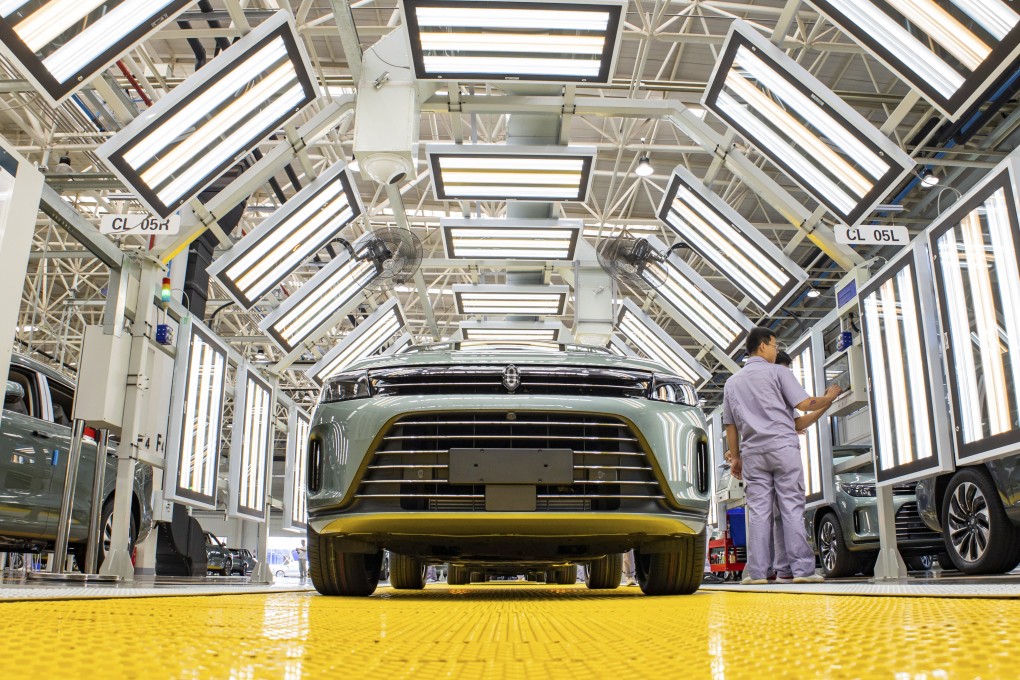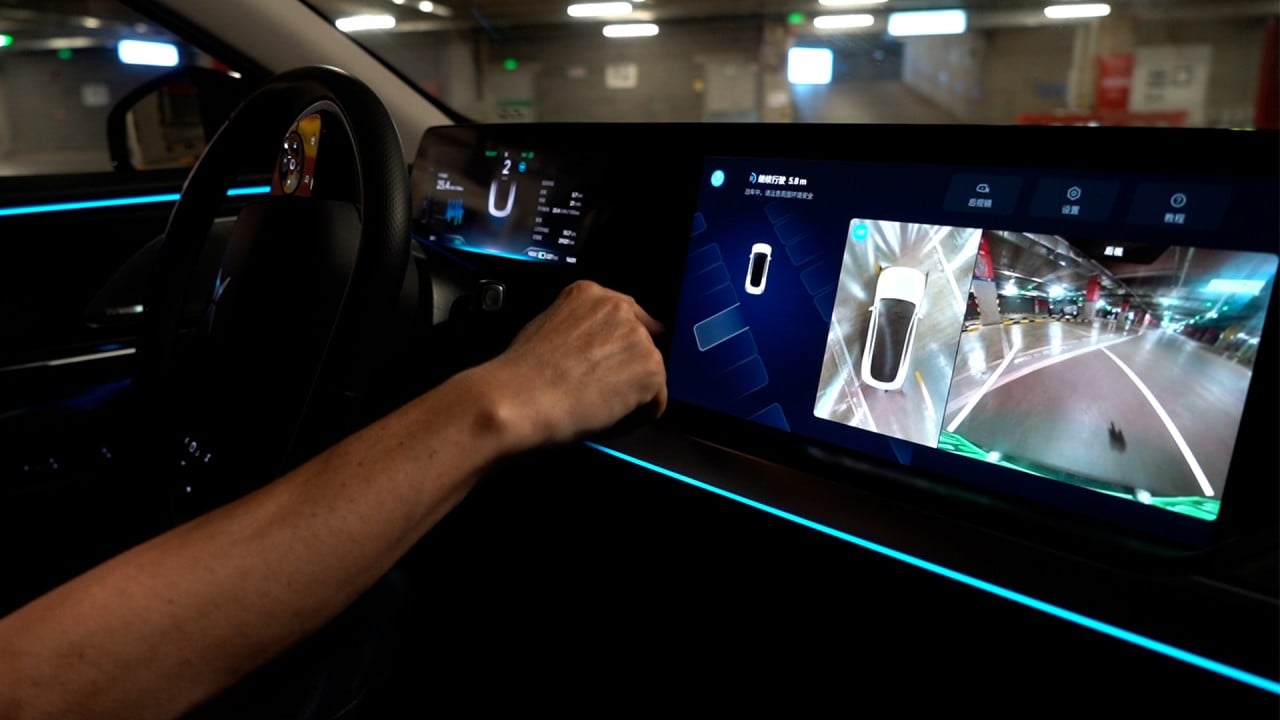The View | Why electric vehicles are set for accelerated growth this decade
- Fears for the sector during the pandemic proved unfounded when global electric vehicle sales rose sharply last year, led by China
- Public awareness of climate change, government carbon neutrality targets and lower costs are driving a boom that looks set to continue

Expectations for global electric vehicle (EV) sales at the start of 2020 were uncertain due to the Covid-19 pandemic. But, as time passed, it became clear that it would be a surprisingly successful year, with worldwide sales increasing by 43 per cent from 2019. Last year broke many records, with some 6.75 million sold – that’s more in a single week than in the whole of 2012.
EV sales virtually tripled from 1.2 million in 2020 to 3.4 million in China. Europe, the world’s second-largest market for electric vehicles, saw 2.3 million new registrations, over half of which were plug-in hybrids, representing an increase of nearly 70 per cent. For the first time, sales in the United States crossed 500,000.
China, Europe and the US account for around 90 per cent of all electric car sales worldwide, which means e-mobility isn’t developing at the same rate elsewhere even though the transport sector accounts for 17 per cent of global greenhouse gas emissions.


